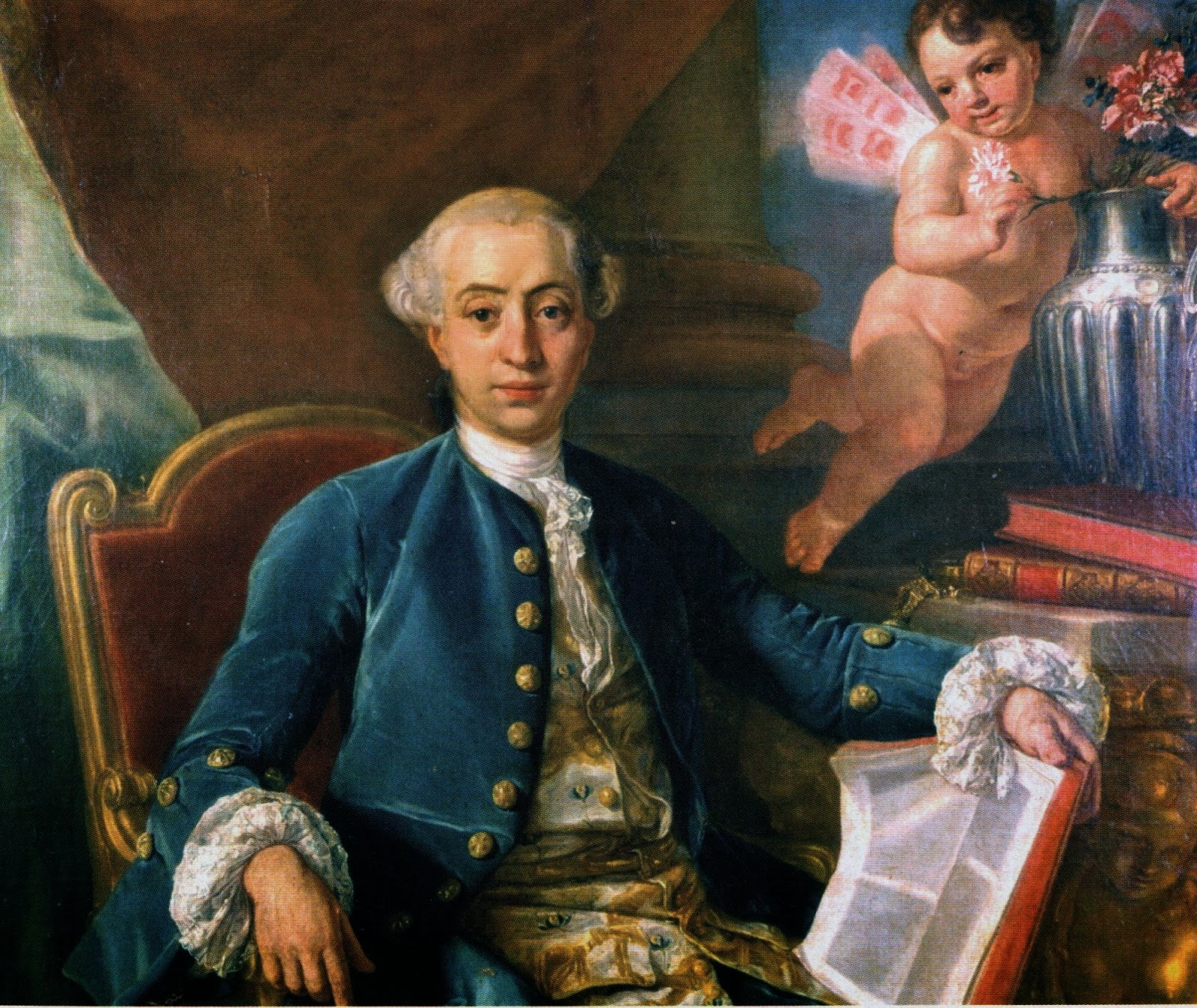Among the many trials held in the New Prisons Palace, the case of Giacomo Casanova is the most famous.
Historical documents show that most of the accusations against him did not concern serious crimes, but his behavior and lifestyle. He was accused of belonging to Freemasonry, of practicing alchemy and magic, and of promoting ideas considered morally dangerous.
Only one charge involved a concrete offense: a financial fraud organized as a lottery. The most serious accusation, however, was libertinism, a term used to describe conduct seen as excessive and disruptive to public order.
Casanova’s case also had political implications. His strong personality and a scandal involving the French ambassador made him increasingly inconvenient. His condemnation to the Piombi, the harshest cells, was the result of this combination of accusations and circumstances.






